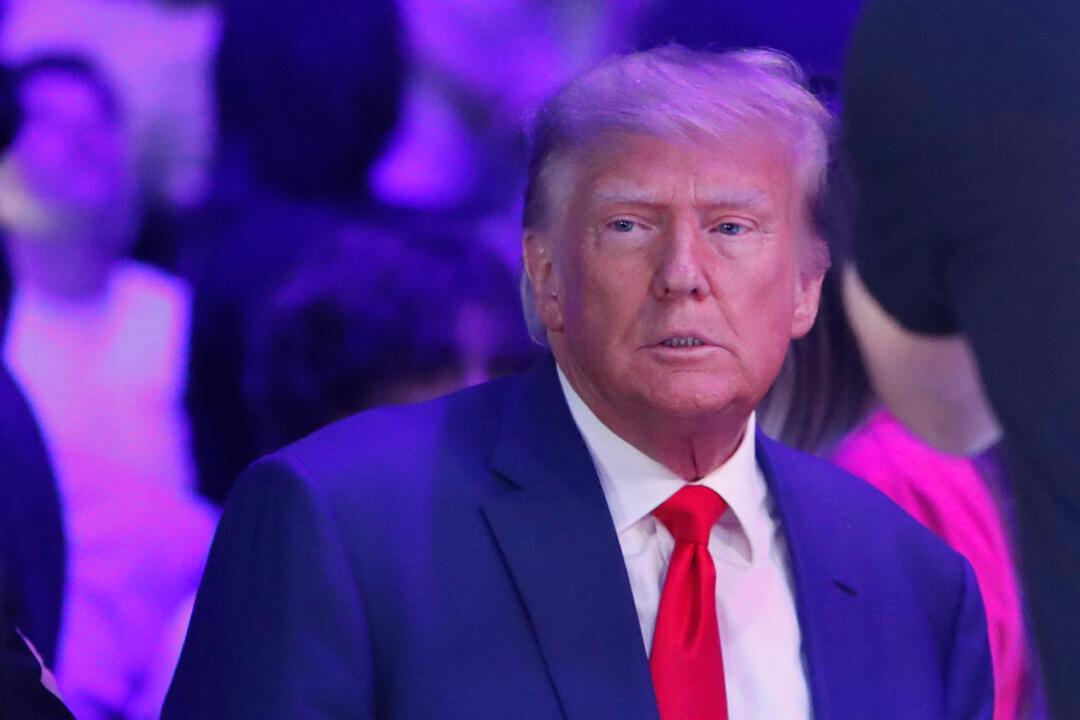U.S. District Court Judge Aileen Cannon is scheduled to oversee a court hearing on Tuesday in Fort Pierce, Florida, pertaining to the classified documents case involving former President Donald Trump, with the outcome of this hearing holding significant weight as it could impact the 2024 presidential race.
Tuesday’s hearing, scheduled for 2 p.m. ET, is the first one that Judge Cannon, a Trump appointee, will preside over. Earlier court sessions in the case were held in Miami before federal magistrate judges following Mr. Trump’s indictment.





